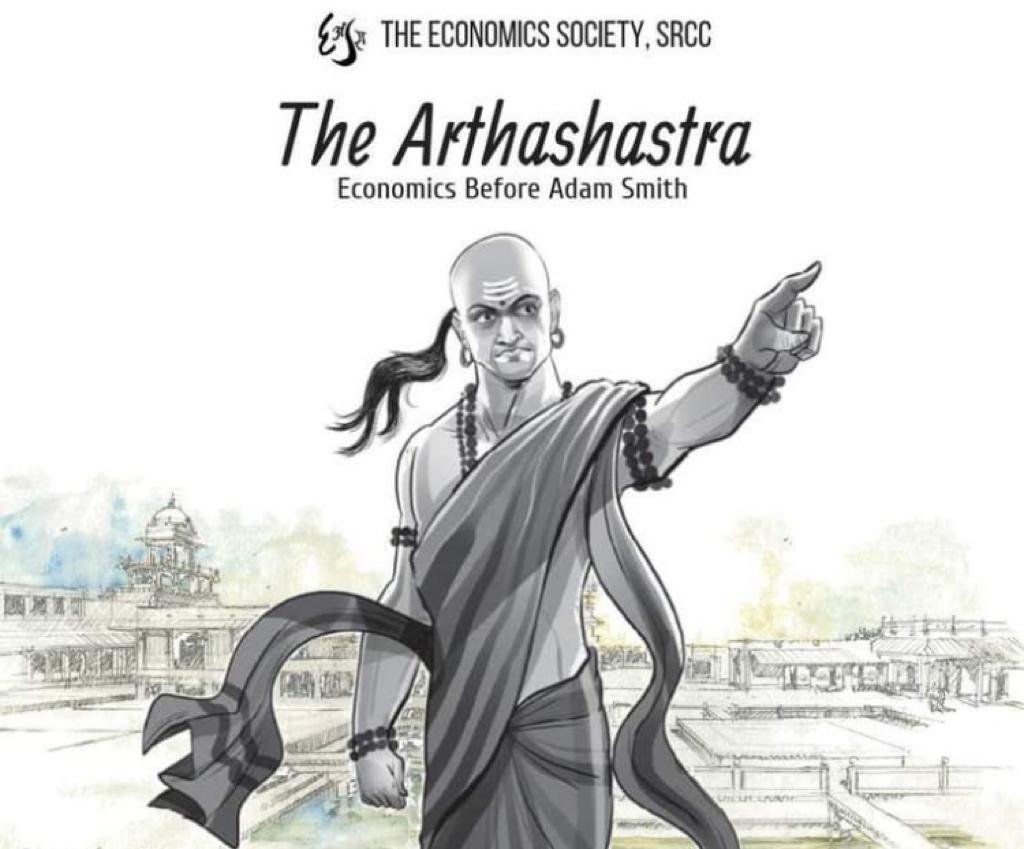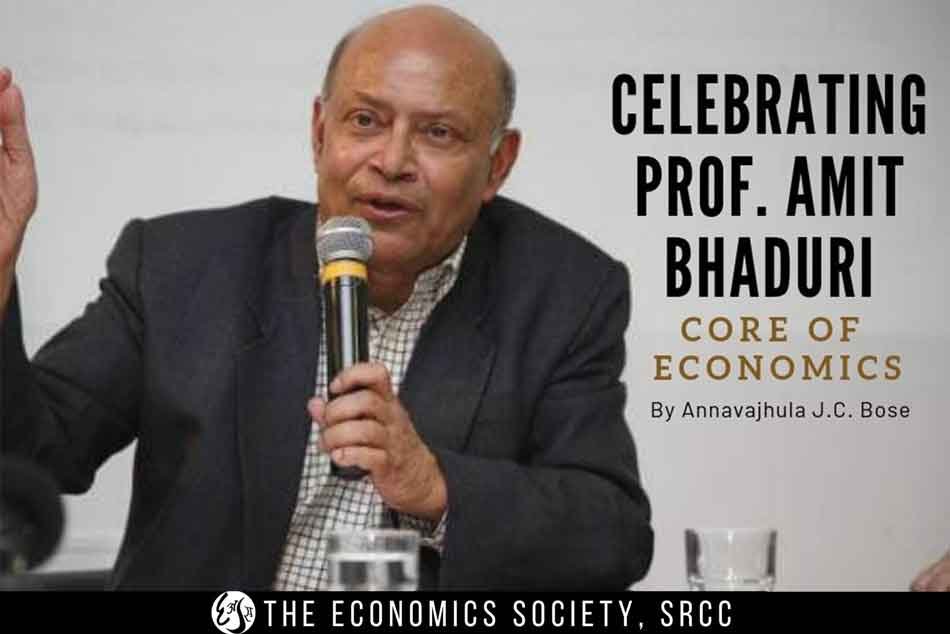The Games We Play

“Hello, Potion seller. I’m going to battle, and I want your strongest potions.”
I wonder if anyone thinks of the entire process behind this seemingly simple transaction. The herbalists who harvest yarrow and poppy and Cinnamon and saffron, the adventurers who hunt down dragons for their scales, the glassblowers who craft the Alchemist’s alembics, the vial-makers and recipe-crafters…
Of course, none of that really matters in a game world. At the end of the day, the potions and shops and players and people are just bits and bytes, a conglomeration of zero’s and one’s stored in a spinning hard drive somewhere. All the world is designed by the designers; all the constraints are set by the developers; existence malleable and changing to whim. Can real-world economic theories offer any insight for this world of chaos? More importantly, can games offer any insight into our economic reality?
Richard A. Bartle, in his paper (1), split player personalities into four types: explorers, achievers, socializers, and killers. Explorers derive utility from learning new things; achievers derive utility from collecting points and completing self-defined goals; socializers derive utility from talking to people and creating enduring relationships, and killers derive utility from enthusiastically applying egregious force against the other three. The economics of the world, then, seems to be only of passing interest- the socializers might want to buy that billowing dress or snappy tux to impress their fellow peers, the achievers might be interested in collecting as much gold as possible. The rest of the player base only has a passing interest in engaging with the economy. However, the theories of (at least modern) economics are easily applicable with a shift of perspective. The reason any player plays a game is to have fun. The goal of the developers, then, becomes an exercise in ‘fun-maximization’, that is, how developers can allow most players to have fun, the constraint being the developer-time available. Suboptimal solutions to this problem exist (and indeed, are followed by most game developers), the designers and content creators are pushed to create more and more content, trying to pull players in, in many cases making the old content obsolete. After a while, the players get bored and the cycle begins anew. Behavioural economics, the branch of economics concerned with modelling imperfect decisionmakers, offers several opinions on this subject. How people evaluate decisions heuristically, what incentives should be offered to ‘nudge’ people into a specific direction. These opinions can be invaluable in the fun-optimization process undertaken by the developers.
Additionally, and more concretely, game economies suffer from similar problems as real economies do. ‘Mudflation’, a word coined in the early nineties, refers to the phenomenon of old resources being undervalued as new resources get introduced. This is a subtype of the typical inflation we see around the world and economics certainly has a lot to say on the subject! (Shattered World, one of the precursors to current MMORPGs, had significant success following a “Loans Standard” model (2), and modern games are following suit by experimenting with other novel economic systems). Moreover, the concept of equilibrium, creating a system which fluctuates but eventually comes to a state of rest, is also something sought by game developers looking for balancing. (For an example of a self-balancing economy being followed in practice, see RetroMUD’s perspective on the subject (3))
On the other hand, games also have an enormous possibility to offer insight into the field of Economics. They can act as a hotbed of research and simulation, a veritable cornucopia of data and perfect information. Dr. Yanis Varoufakis, in his essay (4) describes his work on virtual economics as an ‘economist’s paradise. “…Not only do we have a full-information set (making sampling superfluous) but, more importantly, we can change the economy’s underlying values, rules and settings, and then sit back to observe how the community responds, how relative prices change, the new behavioural patterns that evolve.” Not just that, the inherently simulationist nature of a game allows economists to test out different hypotheses, see how agents behave given different incentives, in effect, travelling “back” in time. Dr. Varoufakis writes, “…And the reason for this [the inability of Econometrics to offer useful results] unavoidable failure? None other than our inability to run experiments on a macro-economy such as rewinding time to, say, 1932, in order to see whether the US would have rebounded without the New Deal (or to 2009 to see what would have happened to the US economy without Ben Bernanke’s Quantitative Easing).” A system where researchers can vary whatever parameters they desire, see the result of the variation in those parameters, and where Ceteris Paribus truly holds- this would be any researcher’s dream, and the opportunities this sort of world offers in bringing forward our academic understanding of economics are immense.
Virtual economies and real-world economies have a symbiotic, oscillating relationship. The economies of the real world offer a template for a virtual economy and solutions to the typical problems such economies face; a virtual economy, in turn, allows an idealized but useful model which can be extensively researched, and the insights brought back for use in real-world economics, continuing the positive feedback loop. In a world of augmented reality and rapid technological growth, a world where our ‘virtual selves’ might be more real than our own selves, a world where the boundaries between the virtual and the real become porous and blurred – in such a world, economic experimentation might be the key to our future.
By Dhruv Kumar
Undergraduate Student at Shri Ram College of Commerce
References
1. “Hearts, Clubs, Diamonds, Spades: Players Who suit MUDs”, Richard Bartle (1996)
http://www.mud.co.uk/richard/hcds.htm
2. “A Working Mud Economy”, Geoff Wong (2000)
http://tharsis-gate.org/articles/imaginary/AWORKI~1.HTM
3. “The Numbers Game”, Michael Tresca (2000)
http://tharsis-gate.org/articles/imaginary/THENUM~1.HTM
4. “It All Began With A Strange Email”, Yanis Varoufakis (2012)
https://web.archive.org/web/20120617233156/https://blogs.valvesoftware.com/economics/it-all-began-with-a-strange-email/
You may also like

Arthashastra
Adding {{itemName}} to cart
Added {{itemName}} to cart

